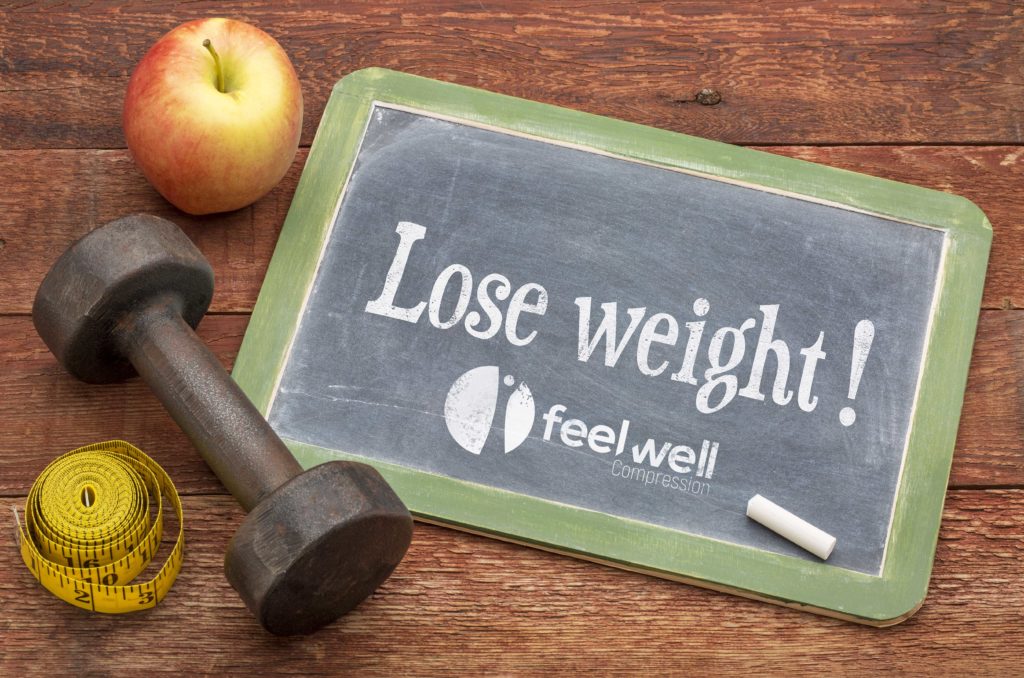If there is one primary area where “old wives tales” or myths flourish it is in the area of health. Anywhere from chocolate causing acne to be worse to caffeine stunting your growth there is a myth for just about any health related concern. Weight loss is no different. In fact, there are it would take more than this blog’s worth of writing to discuss every weight loss related myth that exists, all the while new ones are most likely being formed. Some myths have their basis in a bit of truth while others are completely out of left field.
There isn’t enough time to discuss every known weight loss myth, but we can tackle the top four.
1. Supplements help with weight loss.
This one is due in large prat to the gigantic size of the supplement industry. There seems to be a supplement for just about anything that ails you these days. Many of them are great and some are even essential. However, the idea that supplements are absolutely necessary to achieve weight loss is a myth. Perhaps you disagree. You have used supplements and experienced great results. This can mostly be credited to the placebo effect. Believe in something enough and sometimes it can actually happen. Not only that, but when a person is committed to losing weight enough that they invest in a quality supplement they are most likely making other lifestyle changes as well. The weight loss they experience is not just from the supplement but can be primarily attributed to the overall healthier lifestyle they have started.
2. Limit Carbs Equals Weight Loss
With the growing popularity of the Ketogenic Diet carbs are starting to get a bad rap again, much like what they experienced at the height of the Atkins craze. While it is true that reducing carbohydrates can result in weight loss it is not the carbohydrates fault for the weight gain. By reducing the number of carbohydrates being consumed the person is actually accomplishing two weight loss methods; reducing calories and removing refined and processed foods. By removing carbohydrates and replacing them with lower calorie foods an individual will see weight loss by the simple math of taking in less calories. Many of the carbohydrates commonly consumed in the American diet are highly processed and quickly stored in the body. Therefore, reducing the number of these refined carbohydrates the person is making healthier food decisions.
3. “Diet” Food is Necessary for Weight Loss
When in doubt read the label. Many foods that are marketed as “healthy” are actually highly processed and loaded with sugar and calories. Without naming names…some common “healthy” foods to watch out for are protein bars, yogurt, low-fat foods, and sports drinks. Eating whole fruits and vegetables is a simple way to make sure you are eating healthy and aren’t consuming excess sugar and calories.
4. Fat Burning Foods Exist
Again, yes and no. There are certain foods that cause your body temperature to rise resulting in a slight metabolic increase. This is referred to as the thermogenic effect of food which is the increase in metabolism caused by the digestion process. It is a natural so with that train of thought every food would be considered fat burning. However, this increase is not substantial enough to result in any significant weight loss for the dieter. Green tea and hot peppers are the most commonly thought of food items when it comes to fat burning foods. They have gotten such a positive reputation for fat burning that they can even be found in supplement form. There is that supplement industry making claims for weight loss again.
So what’s a person to do when wanting to lose weight or get healthy? If researching diet advice online use reputable websites. Some examples of reputable sites include the National Institutes of Health, the Cleveland Clinic, and HeartHub. Your healthcare provider should be able to recommend other sites. Speaking with a Registered Dietitian or other licensed healthcare provider is always a great option when it comes to health advice. As a rule of thumb, a little healthy skepticism should be used when approaching most weight loss or “make you healthy” claims.
Trista K. Best MPH, RD, LDN


